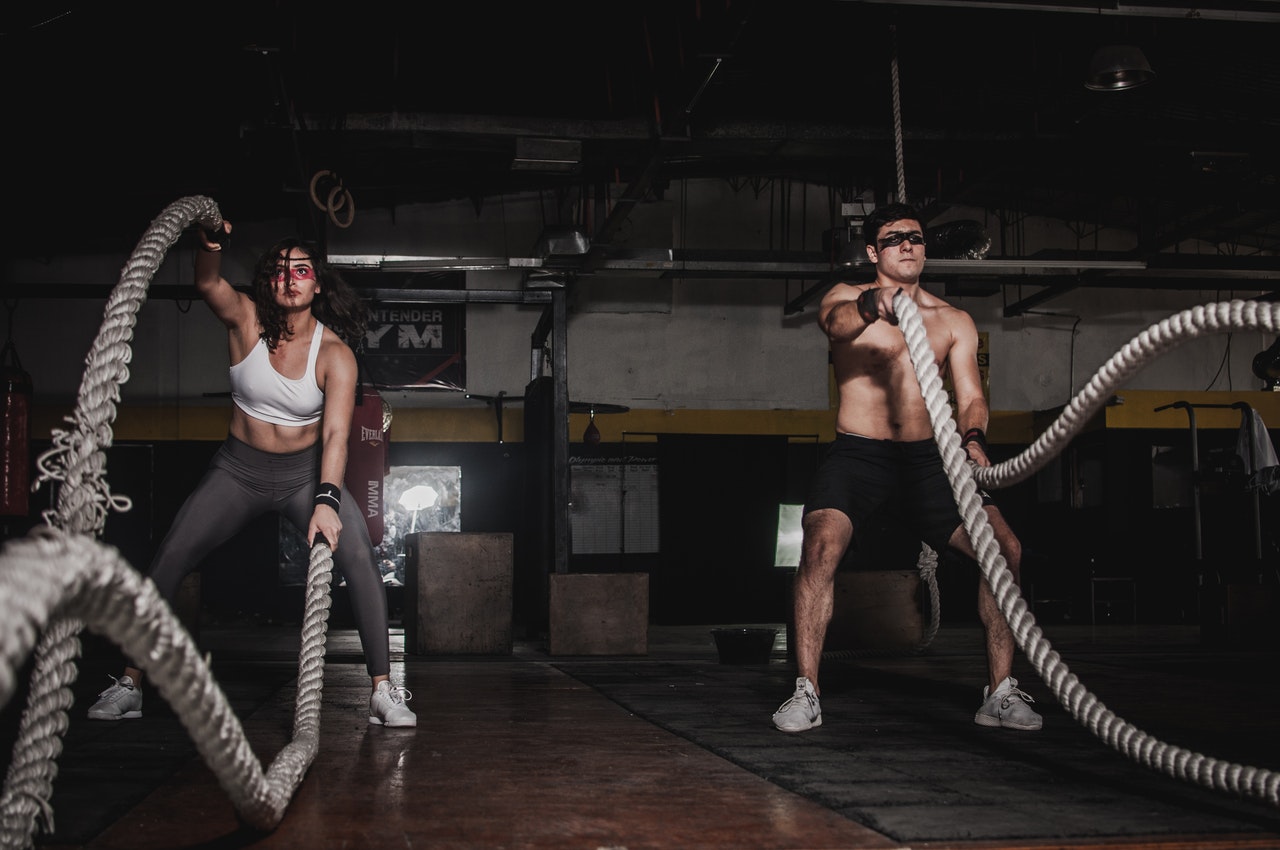How Nutrition And Hydration Impacts Sports Performance
Whether you play sports as a hobby, a way of keeping fit, semi-professional or professional, it is always worthwhile looking in to how you can improve your overall stamina, fitness and recovery time. It doesn’t matter when you play football, boxing or rugby, it is essential. Two of the key elements to this are diet and hydration, they make a huge difference to your energy levels and your recovery, by having a well balanced and regimented diet you’ll see your performance increase massively.
Diet Is Key To Your Nutritional Intake
Your body is a complex mix of hundreds of different vitamins, minerals and metals and the way you generally keep them at the levels they need to be is via food and drink. It can be quite overwhelming when you start looking in to nutrition and you see the sheer volume of different vitamins you need to take in but it is always important to remember that foods don’t just contain one, they contain multiple things. We always recommend a balanced diet above all else. If you’re eating fish, meat, dairy, vegetables and fruit each week then you are off to a good start. The next step is to try and vary what types of these items you eat so rather than just having chicken and broccoli every week or cod and carrots, switch them up. Have cod one week and then have salmon the next week, this is full of omega-3, the fatty acids that are great for your body and brain function but it isn’t found in cod, you need oily fish. Instead of having chicken which is very lean, look at having beef which is rich in iron. Variety really is the spice of life when it comes to your intake of necessary vitamins.
If you eat a healthy, balanced diet like this for a couple of months then it might be worth getting a test done to see how your nutrition adds up and to see if you are lacking anything. Some people simply can’t take certain vitamins in as easy as others, this is down to genetics so you may need to supplement with tablets to get the necessary levels. Also remember that gut health is very important as well, if your digestive system is working well then more nutrients will be absorbed from your food and you won’t be affected by things like bloating or constipation that could affect your athletic performance. Some athletes swear by probiotics, a probiotic is designed to balance the good bacteria and bad bacteria in the gut.
Hydration & Electrolytes
Hydration is extremely important, particularly if you are doing a high intensity sport. The vast majority of hydration needs to be done in advance of your exercise or you will feel bloated and sick if you just drink a litre of water right before starting. You should be consistently drinking at least 2 litres of water per day (more if it is in higher temperatures or the summer) and then during your exercise you should be drinking small amounts to top up your hydration, if you are dehydrated at the beginning of your exercise then you won’t be able to catch up and get to a good point, so always plan in advance. Dehydration can cause sluggishness, headaches, muscle cramp, low energy and even dizziness so it should be your top priority to ensure you are fully hydrated.
As we’ve touched on earlier in this article, your body isn’t only made up of water it is made up of hundreds of different vitamins, minerals, metals and salt so if you think about your blood as getting diluted every time you drink water, then you need to make sure you are taking in the essentials to make sure your nerves and receptors are working correctly and topping up salts that can cause muscle cramp and much more. Electrolytes are essential minerals like sodium, potassium and calcium and they balance your pH levels as well as regulating muscle contractions and keeping you fully hydrated.
Plan Your Diet Like You Would Your Training
We’ve run through how diet and hydration can impact your performance, now we’ll look at planning to make sure that you that you are fully hydrated and have the nutrition you need for your exercise. In all likelihood for hobbyists or casual sports people this won’t be necessary but for those who are semi-professional or professional it is worth putting a diet plan together so that ahead of time you know you are getting a balanced diet and getting the nutrition you need, plan your meals by day and around the time of day you need depending on when you are training or performing. On the day of a match ensure you hydrate way ahead of time, keep your hydration levels up all day and then reduce your intake of water the closer it gets to your start time.

